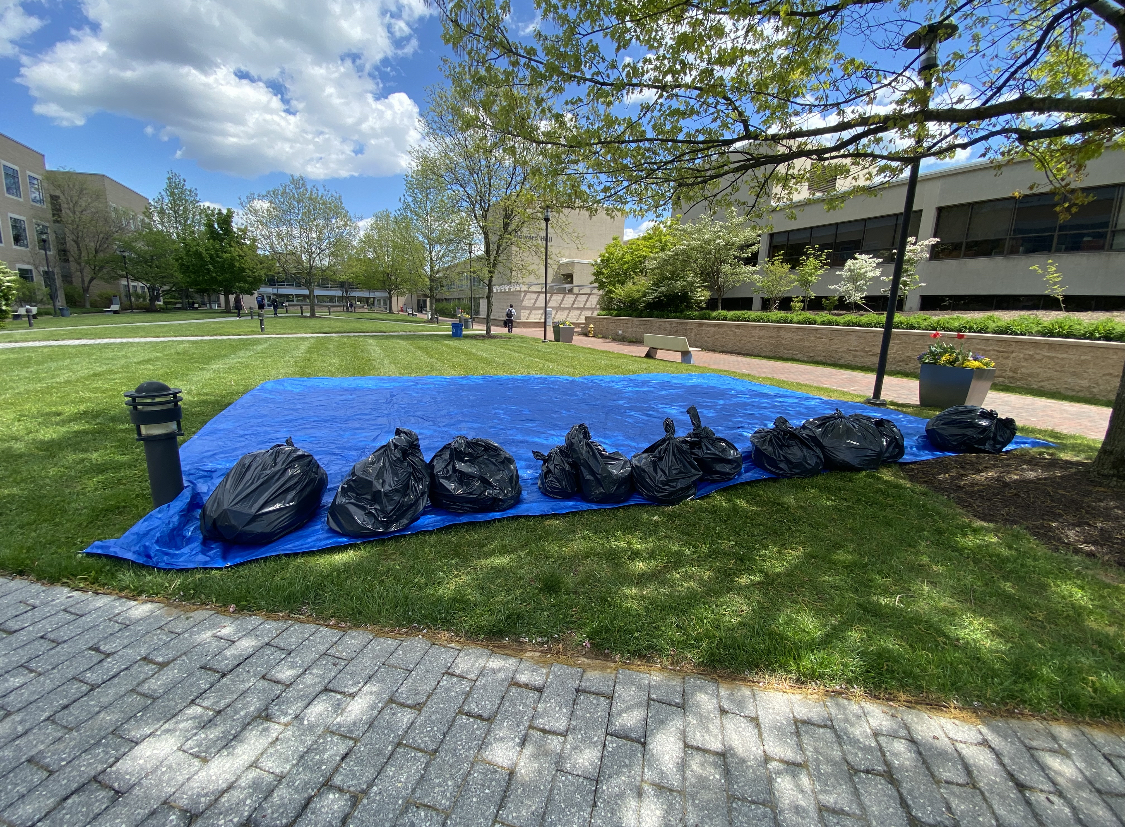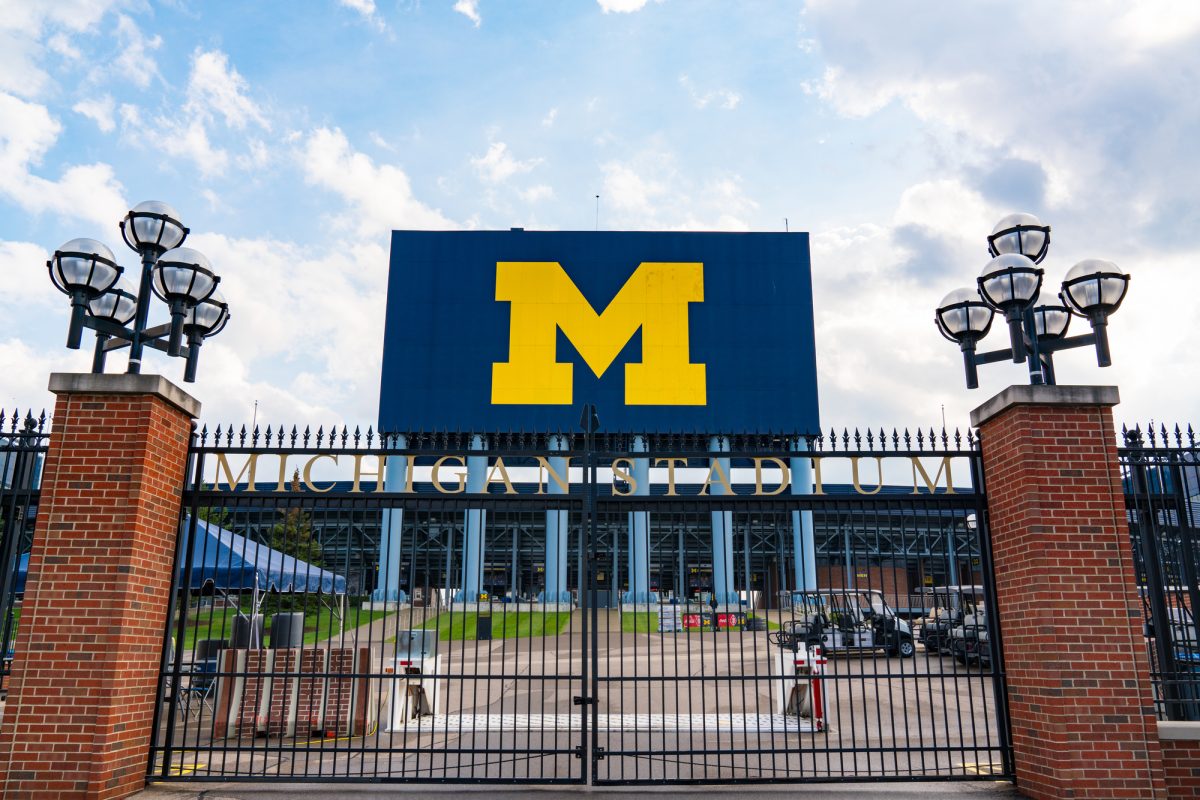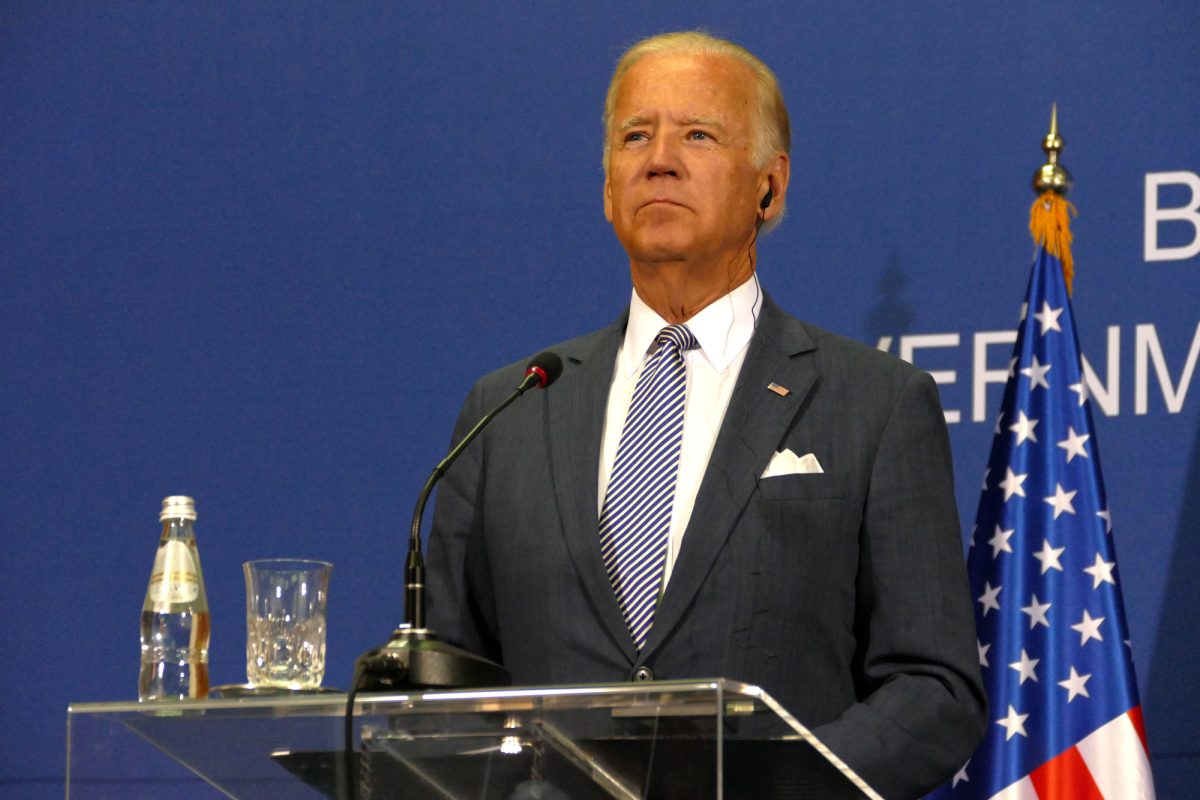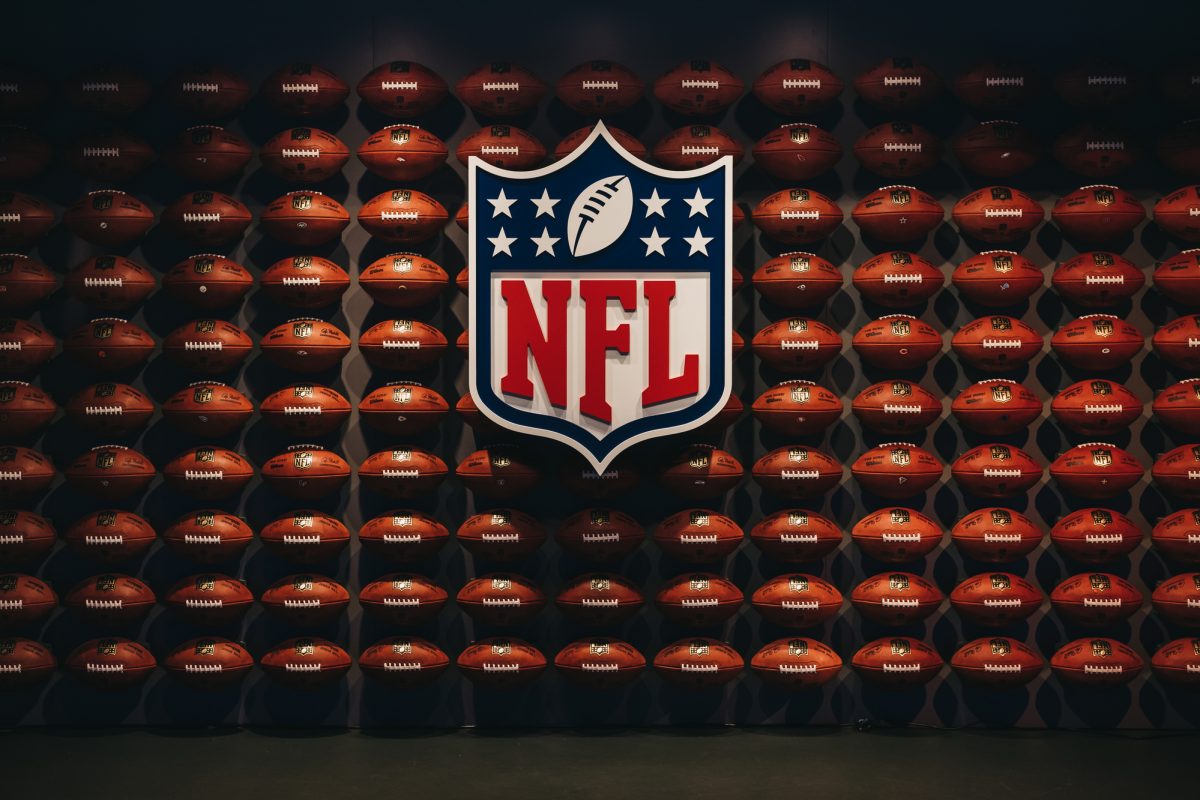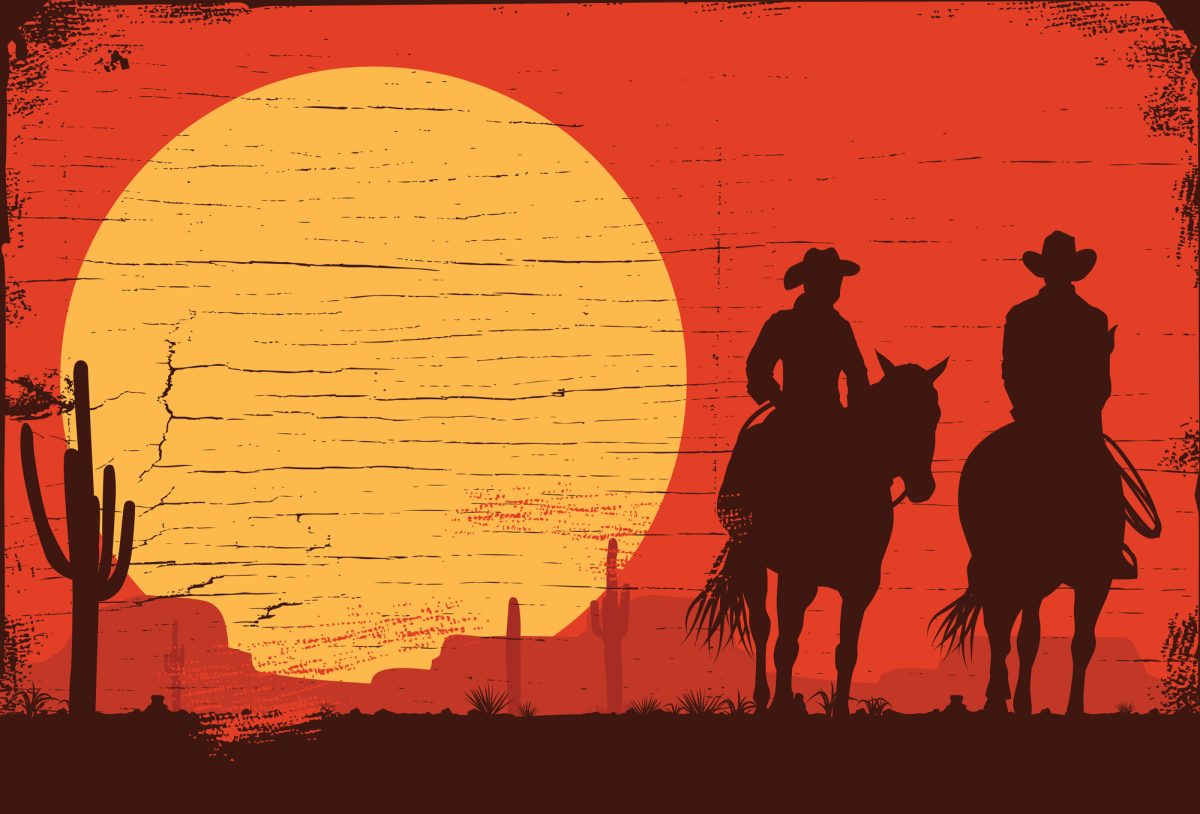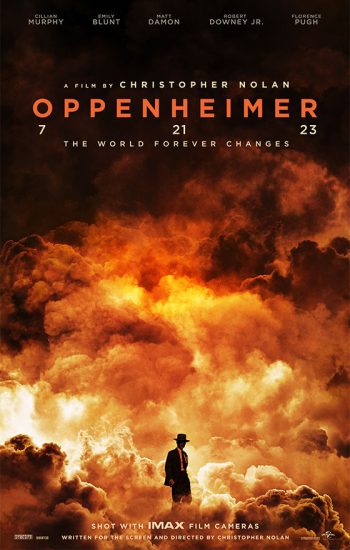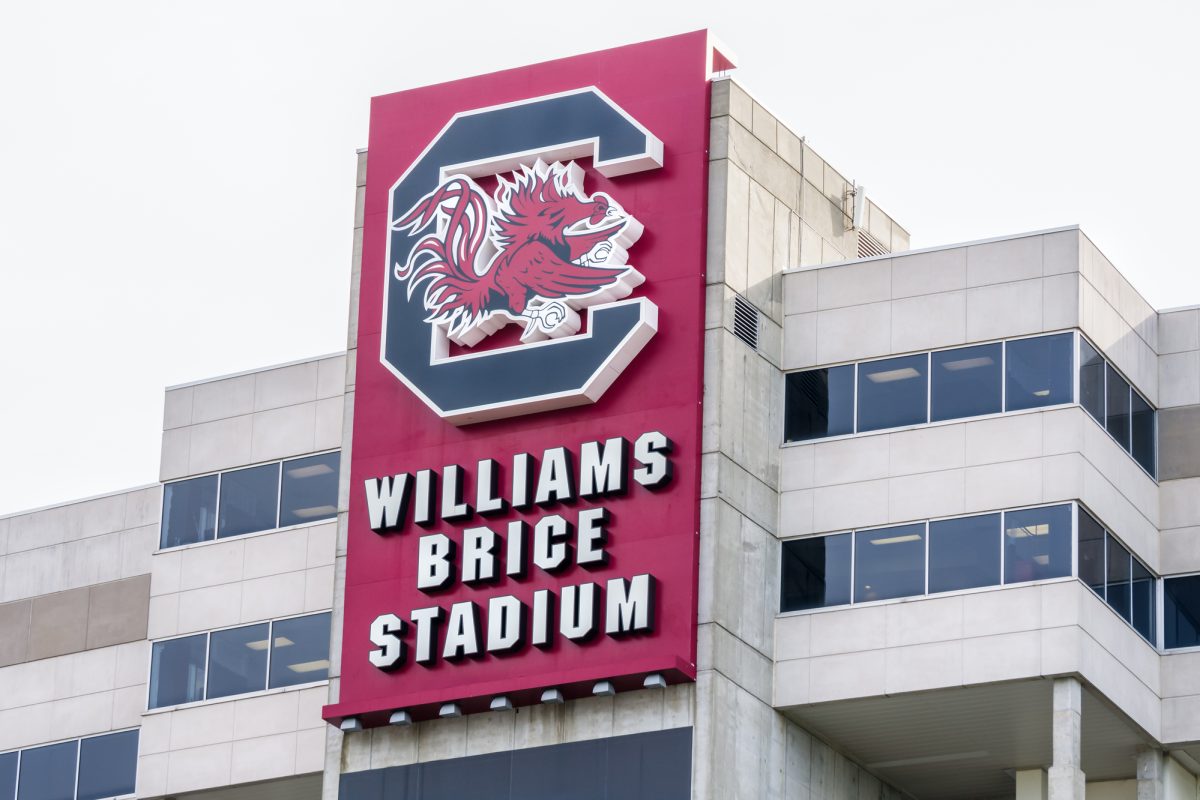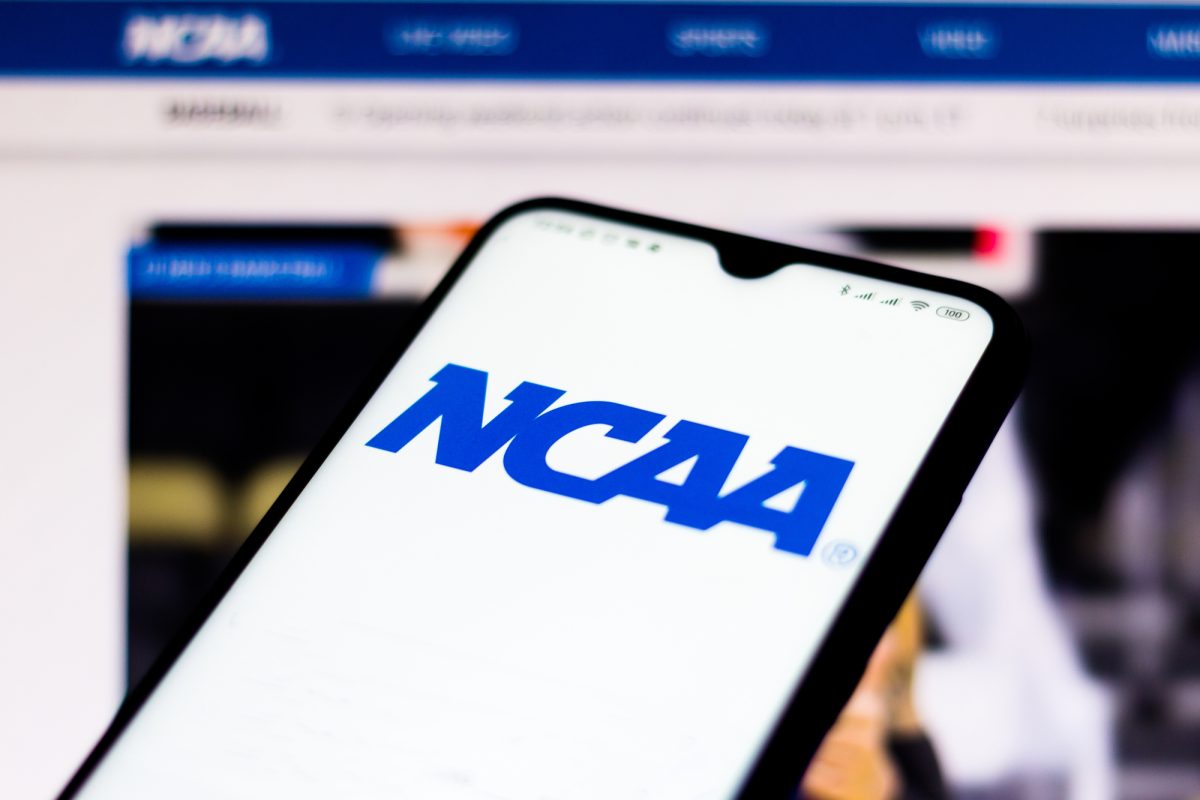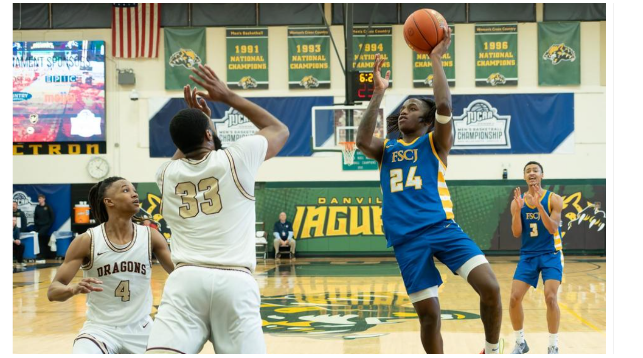Glory Road: The Cinematic Retelling of the Biggest Upset in NCAA D1 History
January 4, 2021
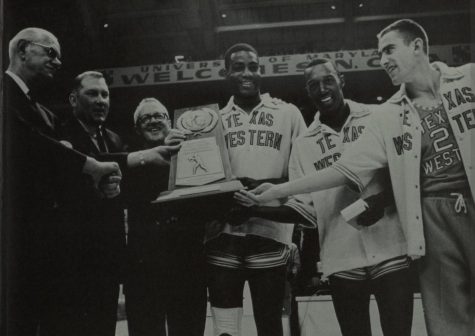
“I speak, you listen. I don’t wanna hear ‘can’t’ or ‘won’t’ or ‘Coach, I’m bleeding’. I don’t wanna hear anything except the basketball bounce!”
Coach Haskin was building a team, a basketball team, a team that would shape basketball into what we know it has today.
Glory Road was written by Christoper Cleveland and Bettina Gilois, directed by James Gartner, and is available to watch on Disney Plus. It was released in 2006, winning two film awards out of the five it was nominated for. It was nominated for “Best Screenplay, original or adapted” and “Best Song” from the Black Reel, and Feature Film Category from the Humanitas Prize. It won Best Sports Movie from the ESPY awards and Actor Derek Luke, who plays Bobby Joe Hill, won the Breakthrough Actor award from the Hollywood Film Awards.
The Film stars Josh Lucas, who plays the hard taskmaster that is Coach Don Haskins and Derek Luke who plays Bobby Joe Hill: the team captain and Haskins first pick for his new team. There are appearances from actors like Jon Voight, who plays Coach Rupp. The coach who you leave not knowing for sure if he is a racist or just an egotistical Coach with five consecutive national titles. The acting is very well done, you get sucked into the action, the games, tension, and hate showed throughout the movie, and you almost get sick to your stomach watching what the 1965 Miners had to go through.
You might remember Josh Lucas from more recent films like when he played Leo Beebe, Ford’s director of Special Vehicles/PR specialist in “Ford v. Ferrari.” Luke previously played Gabe Jones in Captian America: The First Avenger, and we should all remember Jon Voight from his memorable rule as Mr. Sir in “Holes,” or his role as Nicolas Cage’s father from “National Treasure.”
Glory Road is the retelling of Texas Western’s 1965 Men’s Basketball team and their road to their first NCAA Division I championship, which led to them becoming the winners of the most historical upset in NCAA History. This road is a rough one, not just because of the game, but because this was the division’s first almost all-Black team.
This move, made by Coach Don Haskins, broke a giant social norm. In the scene where Haskins and his staff are going over the potential players, the staff notices that these men are all Black. Don is looking to draft seven Black players for the team. Ross Moore, played by Red West, responds with,
“Shoot. You carrying on like Negroes gonna be the future of basketball … There are rules. Unwritten rules. You play one at home, two on the road and three if you’re losing. Lord have mercy. Loadin’ up on Negroes, that just ain’t done.”
It takes work but Haskins pulls in seven Black players from across the country. Haskins is not an easy coach– each practice he pushes his players beyond their limits, teaching them hard work, discipline, as well as how to play simple fundamental basketball.
“You’ll play basketball my way. My way is hard … I speak, you listen,” Haskins tells his players. “I don’t wanna hear ‘can’t’ or ‘won’t’ or ‘Coach, I’m bleeding’. I don’t wanna hear anything except the basketball bounce!”
Coach learns early that “his way” is not the only way. In their second game of the season, the Texas Western Minera are being hammered by #4 seed Iowa. The players try to get Haskins to let them play their own way, but he is firm on “his way.” Finally, with only one quarter left in the game, Haskins tells Bobby “ok, you play your way, but also my way.” After this, the Texas Western Miners break the gap and win the game.
But the path is not all sunshine and roses for the Miners. They face continual racist attacks, muggings and Haskins receives death threats. In a large night meeting with his wife, she claims that basketball is just a game and that it’s not worth all this. Haskins replies by saying he knows it’s a game and agrees with her, but due to the actions that have been taken against his family and team, it is no longer a game.
The minors do well through the entire season: until the last game before the NCAA tournament. The miners, cracking under pressures caused by racial frustration and unrest, play a terrible game, and lose. Afterward, the players begin to argue. The Black students are tired of being attacked and dehumanized. The white students are tired of being grouped with those that harass their Black brothers. A yelling match begins between the Black and white players. Armstrong standing up and saying that he does not like the fact that they have been moved to the Black player’s shadow. The Black players get enraged by this, saying that they have lived in the white man’s shadow their entire life.
Finally one of the Black players yells “they’re taking our dignity from us!” Haskins responds. “Your dignity’s inside you. Nobody can take something away from you if you don’t give them … Hey, hold your heads up. Hold your heads up! You wanna shake off that hate? It’s your choice, Harry Flournoy. It’s your choice, Jerry Armstrong, Togo, Cager, Hill. It’s your choice. Shut them up. Win!”
The team went on to beat powerhouse Kansas University for the regional championship and the powerhouse Kentucky for the national championship.
Surprisingly, despite its awards and great acting, “Glory Road” only received a 55% from Rotten Tomatoes, a score of 58/100 from Metacritic, and 7.2/10 from IMDb. But there seems to be some discrepancy with how popular the film is, on a google poll 91% of those who watched it said they liked it, and Robert Ebert gave it a 3/4 review. No critic seems to have a problem with the historical discrepancies: the only one really being that it was actually Coach Haskins’s fifth year at Texas Western and not his first when his team won the National Championship. What most critics seem to have a problem with is the formulation of this film. It is the cliche, “the rookie coach takes a dying team to victory” film. But Robert Ebert says it is more. In the very beginning of his review of this film he says
“‘Glory Road’ is like other sports movies, and different from all of them.”
Ebert realizes that even though the formulation might be the same as the rest, the story and significants of this story has no equal. This is not just a movie about a white coach taking a Black team to victory, and it is not just the story of the first all-Black squad in the NCAA. This is the story of a white coach, guiding his players and fighting so that his Black players could carve a path for a better tomorrow: writing the “emancipation proclamation of 1966” has Pat Riley, President of the Miami Heat, put it.
This is a story of brotherhood.
This is the story of family.
This is Basketball.

